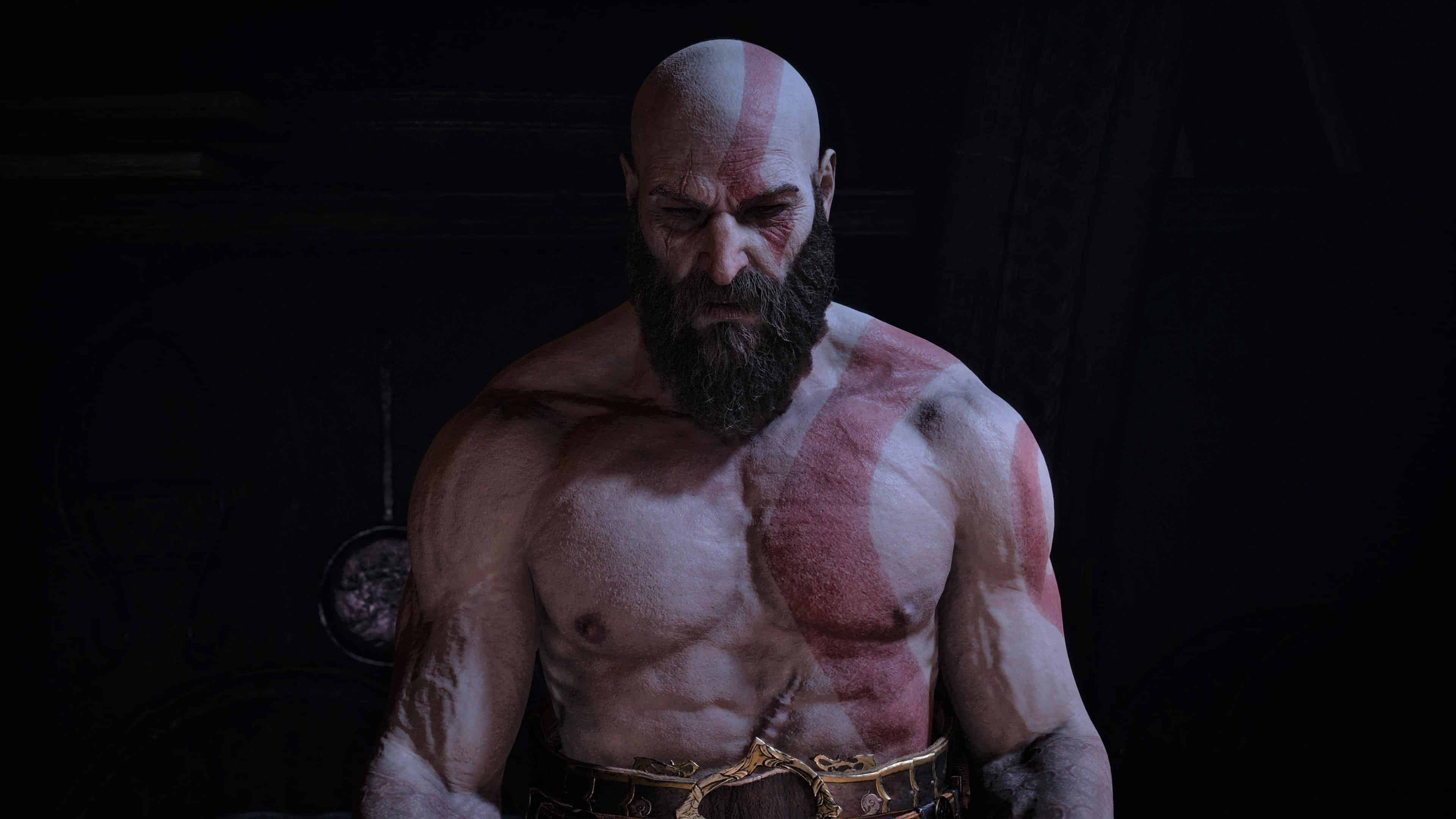There’s no shortage of narrative and thematic build-up over the 40 or so hours of God of War Ragnarok. Say what you will about the game, but the use of the literal end of the world in the form of a no-holds-barred apocalyptic battle is an effective plot device that ups the stakes, and helps draw players into the whole experience.
Throw in some weighty thematic work about changing father/son dynamics, growing into one’s still-developing identity, what one will sacrifice for their loved ones, and how that will affect them, and you’ve got yourself a densely layered story arc with many hooks to keep you engaged.
Read: God of War Ragnarok review – A captivating epic filled with heart
With so much narrative and thematic tension built up over a protracted story, the pay-off is expected to be conclusive and emotionally fulfilling, or at the very least wrap up all the storylines in a neat manner. God of War Ragnarok does a good enough job wrapping up all the major storylines. As for the emotionally fulfilling part, well, that’s where the developers missed out on doing something great.
Warning: This article discusses events that occur during the end of God of War Ragnarok.
Readers should continue at their own discretion.
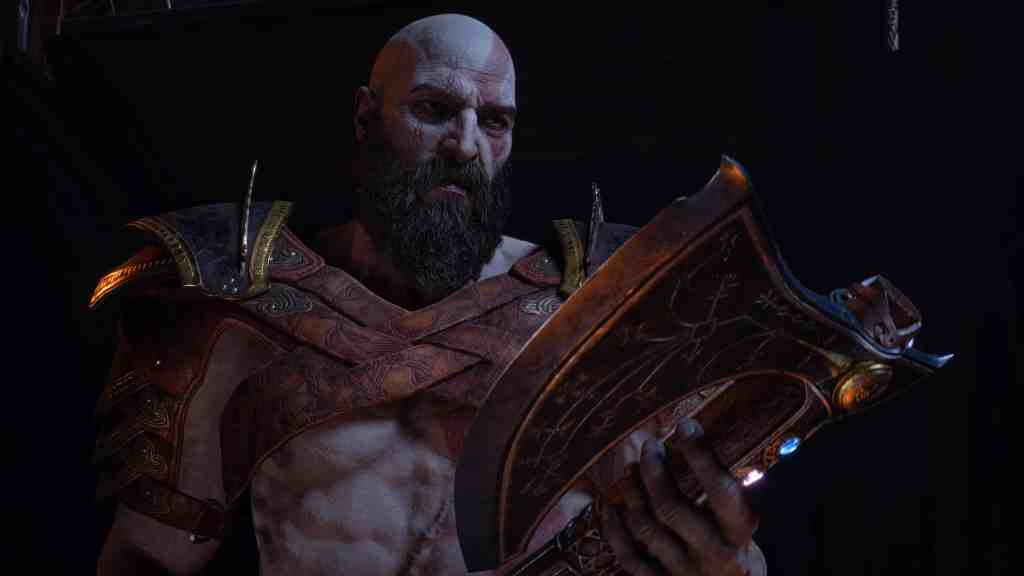
To quickly recap the climax of Ragnarok, Kratos, Atreus, and their allies successfully invade Asgard, kill Odin (more on this later) and stop his nefarious plans, manage to mostly avert Ragnarok (though not before Surtr cleaves Asgard in two), and escape with their lives, thanks to Freyr’s sacrifice (also more on this later). Once everyone and everything is accounted for, Atreus leaves for his own solo journey to save the giants as Kratos emotionally accepts that his son needs to forge his own path. Then, Kratos is assigned cleanup duty of the Nine Realms alongside Freya, in the form of missed side-quests and fetch-or-kill missions. And that’s basically it.
It’s about as happy an ending as we’re going to get in a God of War game, yet one can’t help but feel like the developers got cold feet at the prospect of going all-in on the conclusion – and decided to half-measure it, instead.
The issue for me is that this bittersweet-but-still-happy ending doesn’t quite track with two games worth of dramatic and thematic buildup. 2018’s God of War had Kratos seeing an illustration seemingly foreshadowing his death, and Ragnarok doubles down on this by having Atreus learn about this very illustration during his own journey, resulting in many frustrating father/son miscommunication moments.
The games do try to handwave this issue off by attempting to seed in a plot point that Faye, Kratos’ wife and Atreus’s mother, destroyed this prophecy and replaced it with a ‘make your own destiny’ message, but neither game dives deep into this plot point enough for it to be seamlessly woven into the narrative.
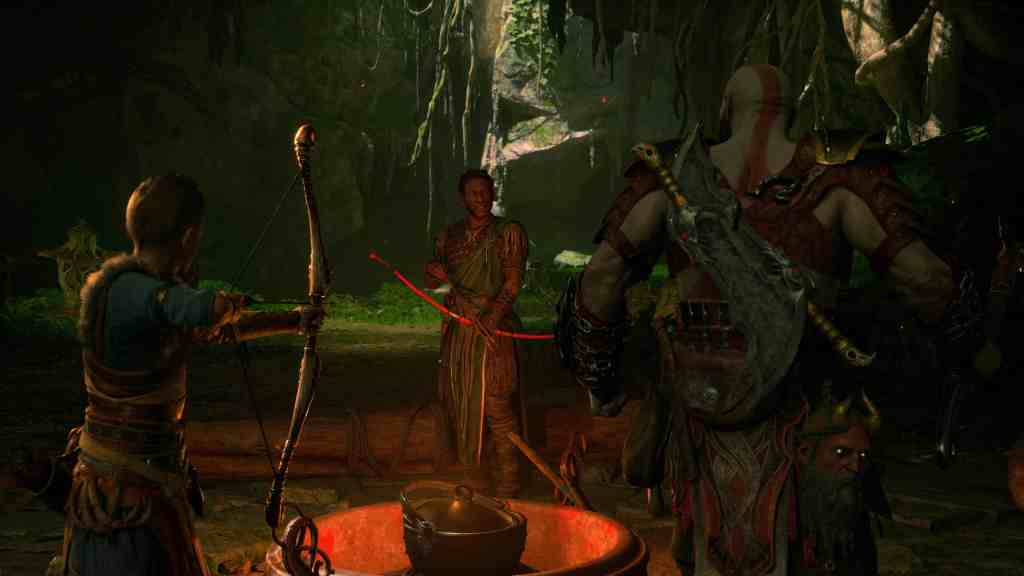
As a result, it almost feels shoehorned in, so much so that you’re not even thinking about it when all the big moments come around. By the time we get to the Asgard invasion, you’re still expecting Kratos won’t come out of the battle alive.
Once the Asgardian dust has settled, what we’re left with isn’t some heart-wrenching climax in which Kratos sacrifices himself to stop Ragnarok and dies in Atreus’s arms. What we get instead is Kratos surviving with nary a scratch, Odin taking Kratos’ place in the original sacrifice prophecy that Faye tried to bury (because he technically also fits that role on the grounds of being bald, having a beard, and being a father), Atreus going off to do his own thing, and almost every other major character still alive.
This ending we ultimately get is just… fine. It’s certainly not an ending that Homer would’ve come up with in one of his epics.
That’s not to say that God of War Ragnarok doesn’t pay off all the thematic buildup. The game does succeed on that front, by sacrificing Freyr after building him up as an interesting counterpart to Freya, and killing off Brok in a genuinely despairing manner that sends the cowardly Sindri down a vengeance-fuelled spiral.
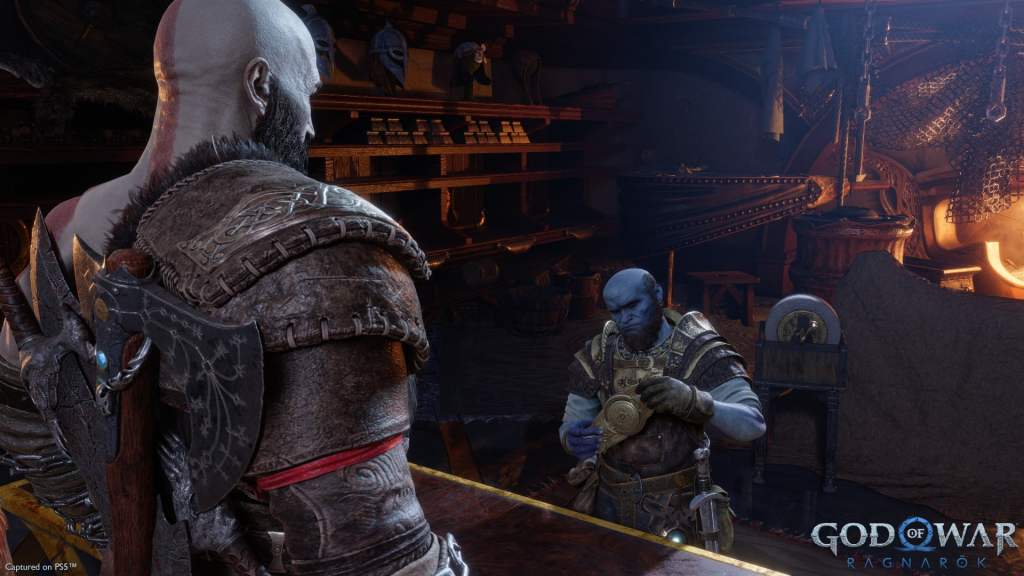
Both these storylines carry significant emotional weight, and work very well within Ragnarok’s thematic framework – especially with how Sindri’s tragic character arc is woven in – but by having Brok and Freyr be the sacrificial lambs in fulfilling the game’s thematic journey, rather than Kratos, it feels like God of War Ragnarok is trying to have its cake, and eat it too.
So, let’s say that the developers at Santa Monica Studio had decided to go all-in on the game’s ending, and had Kratos sacrifice himself to stop Ragnarok before dying in Atreus’s arms – what would that climax look like?
Right off the bat, there would be a major, but familiar perspective change in the form of having Atreus be the sole, playable main character. But perhaps more importantly, there would have been potential for a Red Dead Redemption-style or even a bonkers Nier: Automata-style epilogue where we dig deeper into Atreus’s character, as he comes to terms with being the saviour of the giants, and now an orphan.
As Sony has made it clear, Ragnarok concludes the Norse story arc. This hypothetical epilogue could subsequently segue into the next phase of God of War games, where Atreus is the main character in which he (metaphorically and probably literally) takes over Kratos’ Leviathan Axe and Chaos Blades.
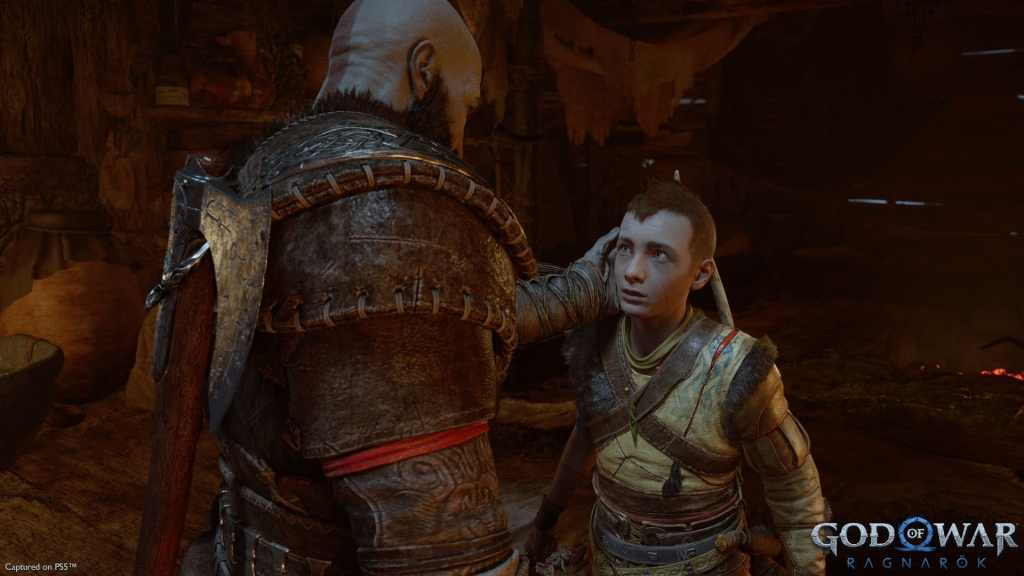
It’s easy to say all this post-release, as Sony was almost never going to kill off one of its most lucrative cash cows. But at a time when daring and more sophisticated storytelling is encouraged in video games, it almost feels like God of War Ragnarok missed a trick here.
For a game that’s so interested in exploring sacrifice and how it affects everyone involved, Ragnarok isn’t keen enough on practicing what it’s preaching.
Essential Casino & Betting Guides
Looking for the best casinos or betting sites? Below you’ll find our recommended guides that players love right now.
